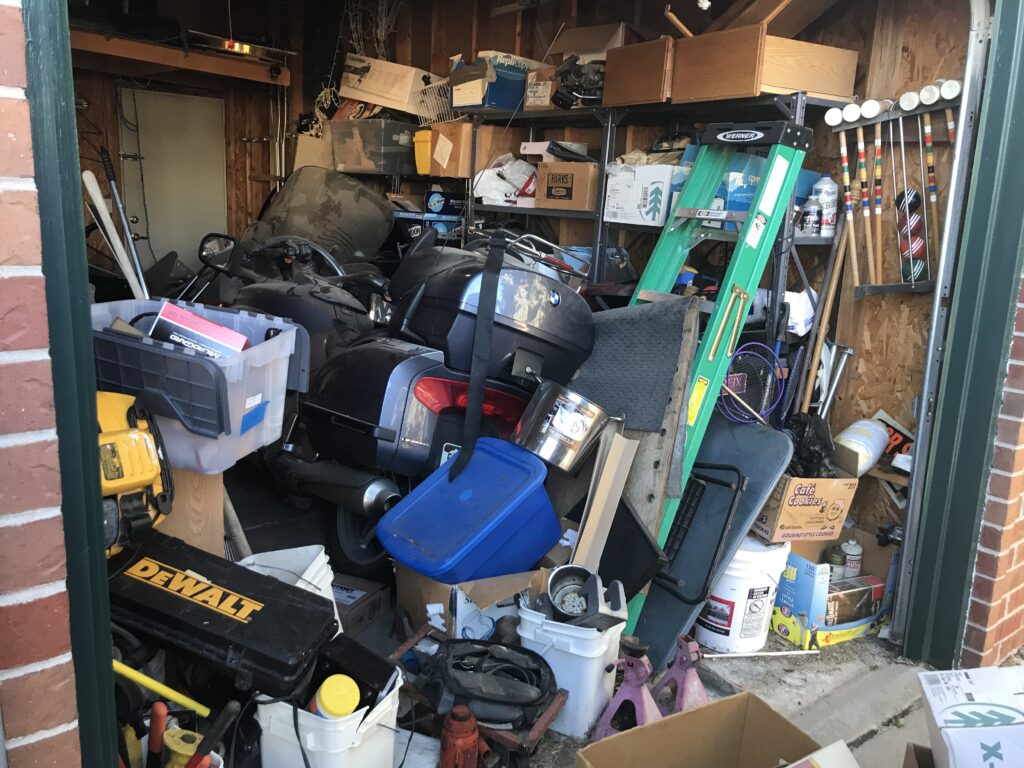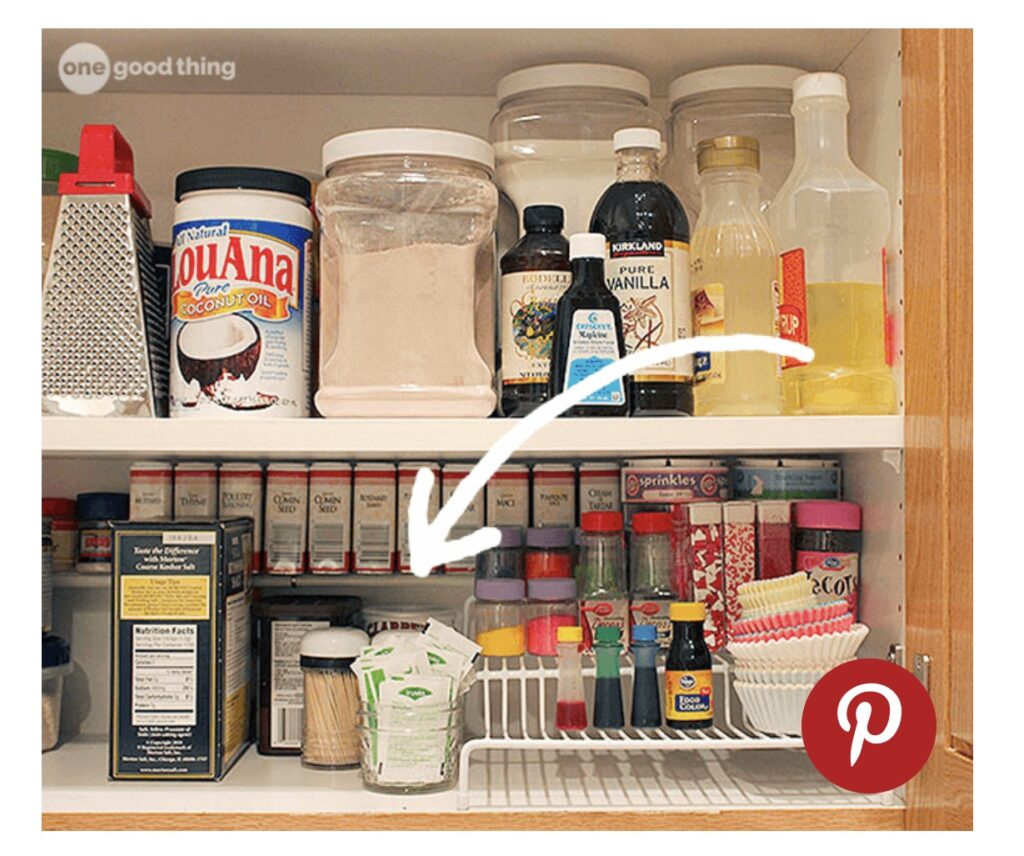Have you ever felt weighed down by all the clutter surrounding you? Studies now show that clutter in the home can be a huge factor in why anxiety has become such a large part of society.
May 2, 2019
Clutter has become such a large part of our lives.
Do you have a storage room that’s filled to the brim? A closet that’s overflowing with clothes (with the tags still on)?
If you feel you have to “re-organize” a space every few weeks, or you’re feeling overwhelmed with the amount of things piling up on your kitchen counter or in the nooks and crannies of your home, it’s a clear sign that clutter has taken over –and it may be causing you more anxiety than you realize.
As psychologist Sherrie Bourg Carter explains in Psychology Today, “Messy homes and work spaces leave us feeling anxious, helpless, and overwhelmed. Yet, rarely is clutter recognized as a significant source of stress in our lives.”
Carter then goes on to explain WHY clutter has such a strong influence on our anxiety.
She states that clutter forces our senses to work overtime (sensory overload), distracts us from what we should be focusing on, and makes it more difficult to relax (physically and mentally).
Clutter also sends a signal to our brains that the day’s work is not yet finished — not only that, but the sight of clutter creates anxiety because of the sheer amount of it all can lead to feelings of guilt and embarrassment.
Clutter “inhibits creativity and productivity” and is endlessly frustrating to boot!
But is that all? Not only does clutter look bad and makes us feel bad, but it also eats away at our precious time, money and overall happiness.
In a cluttered home, looking for something in the mess can take twice as much time.
When you can’t find something because it’s buried or lost somewhere in the recesses of your home, you’ll be forced to buy duplicates — money that could have been spent on something more important.
“Don’t own so much clutter that you will be relieved to see your house catch on fire.” – Wendell Berry, American Novelist
These findings and many other surfacing studies all contribute to the growing body of evidence that the presence of clutter in your home can directly influence our general well-being.
Dr. Saxbe, an assistant psychology professor at University of Southern California and lead of the 2010 study on cortisol and clutter believes that this issue stems from society’s expectations of how a home should look and feel.
She couldn’t be more right when she says “The home is a place to come home and unwind. But not if the home is filled with to-do lists and never-ending drudgery.”
As a Professional Organizer, I see this all the time.
Every time I go into a new client’s home it begins all over again.
With every new job, I witness someone who’s home has become a source of anxiety and stress instead of a place of rest.
It’s then my job to establish trust with the client, and be there to help them tackle the task that seems overwhelming: sorting through the clutter.
Ultimately, I act as a guide to help them through the process of realizing what items in their home truly matter.
Now it’s time to decide: do you want to live in a home, surrounded only by the things that truly matter to you? Or do you want to live in a storage unit?
My next post will dive into the some really fun closet organization hacks!



